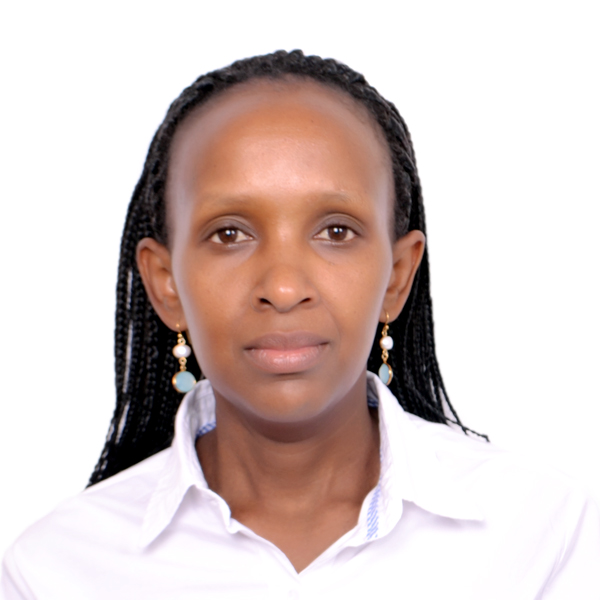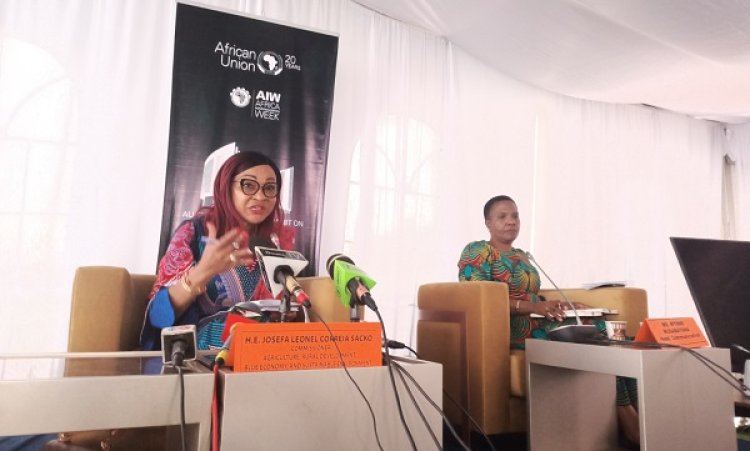The World Health Organization (WHO) in March 2023, revealed a worrying trend in the increase of oral diseases in Africa: an all-time high of at least 44 percent of the population suffers from oral diseases.
They range from tooth decay, gum disease, oral cancers to trauma, among others. The continent has seen a rise in the number of such ailments to 257 million cases over the past 30 years.
Dental decay alone plagues some 28 out of every 100 adults and 38 out of 100 young children, with gum disease further impacting 22.8% of adults, indicated WHO’s Global Oral Health Status Report. Vulnerable groups like children, the elderly and those in poverty shoulder the heaviest burden due to limited access to prevention and treatment.
This worsening trend stems from multiple factors: a growing population needing care, urbanization leading to unhealthy lifestyle shifts, and limited access to care due to a multitude of factors.
Also read: CPHIA: Fresh calls for Govts to tackle the ‘poor cousin’ in pandemic planning
On one hand, rural areas often lack dental clinics and practitioners, hindering access to oral healthcare services, while prohibitive treatment costs and insufficient insurance coverage prevent many people from seeking dental care, on the other hand.
Prevalent dental diseases have also been attributed to some cultural beliefs, in parts of the continent, that oral health problems are treatable with traditional remedies. This either delays or prevent some people from seeking treatment for cases that require professional oral healthcare.

Addressing barriers
Addressing these barriers necessitates a comprehensive approach involving policy changes, increased funding, educational campaigns, professional training, and tailored strategies targeting underserved populations, particularly in remote areas.
It has emerged from the WHO report that despite evidence pointing to a worsening oral health care crisis, most African governments generally give oral health low priority.
National authorities, in instances, often tend to dedicate available healthcare resources to diseases of greater concerns over those linked to poor oral health, definitely overlooking the critical role and the potential impact the oral health has on other facets of health.
Oral health is essential to people’s overall health and well-being, and generally affects their self-esteem and quality of life. Its prioritization would contribute to improved health outcomes, decreased healthcare expenses.
Improving oral healthcare in Africa, therefore, requires a multifaceted approach involving policy emphasis, allocation of adequate resources, and integration of dental services into primary healthcare systems.
Additionally, education programs in schools and communities are crucial to promote preventive measures and regular check-ups. Equally essential is developing a pool of competent workforce, including training adequate dental professionals and utilizing community health workers.
Don’t overlook research
An often-overlooked aspect of policy development in Africa is research. Research in oral health could significantly contribute to improved outcomes by identifying region-specific challenges, developing cost-effective interventions, and enhancing treatment methods tailored to the region’s resources and needs.
Also read: UMUHOZA: Why Govts must chart course on tackling emerging disease threats
There is, for instance, need to understand cultural sensitivity to ensure interventions are culturally acceptable, focusing on sustainable implementation for long-term solutions, engaging local communities in research planning, fostering collaboration and securing adequate funding for impactful research and implementation.
Similar interventions have proven to pay dividends elsewhere, coupled with investment in dental facilities in underserved areas and leveraging technology like telemedicine for remote consultations.
Brazil’s national oral health program focusing on prevention, and Thailand’s investment in healthcare infrastructure are notable among successful oral health cases. The two rank among competitive oral healthcare markets, and can inspire ongoing efforts to plug existing gaps in Africa.
The author, Dr. Peace Uwambaye is a Senior Lecturer at University of Rwanda and a 2021 Mawazo Fellow.






